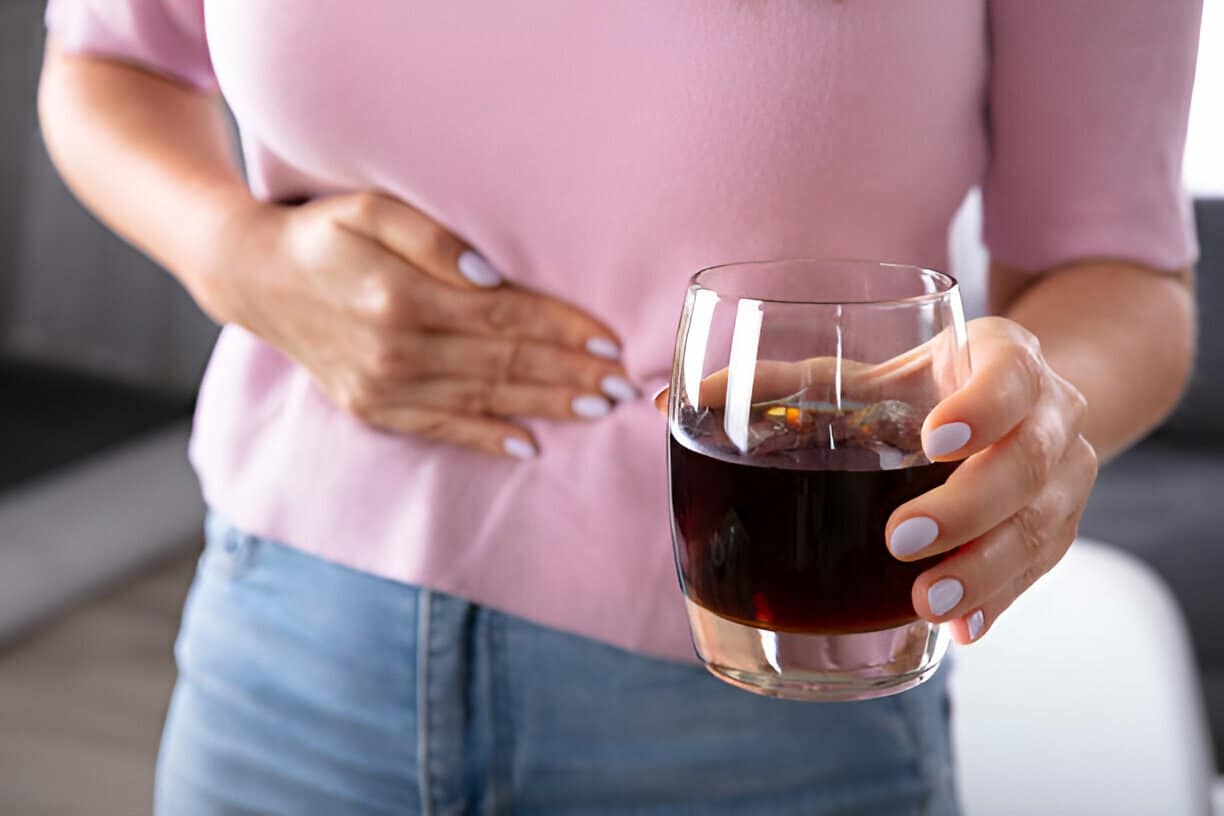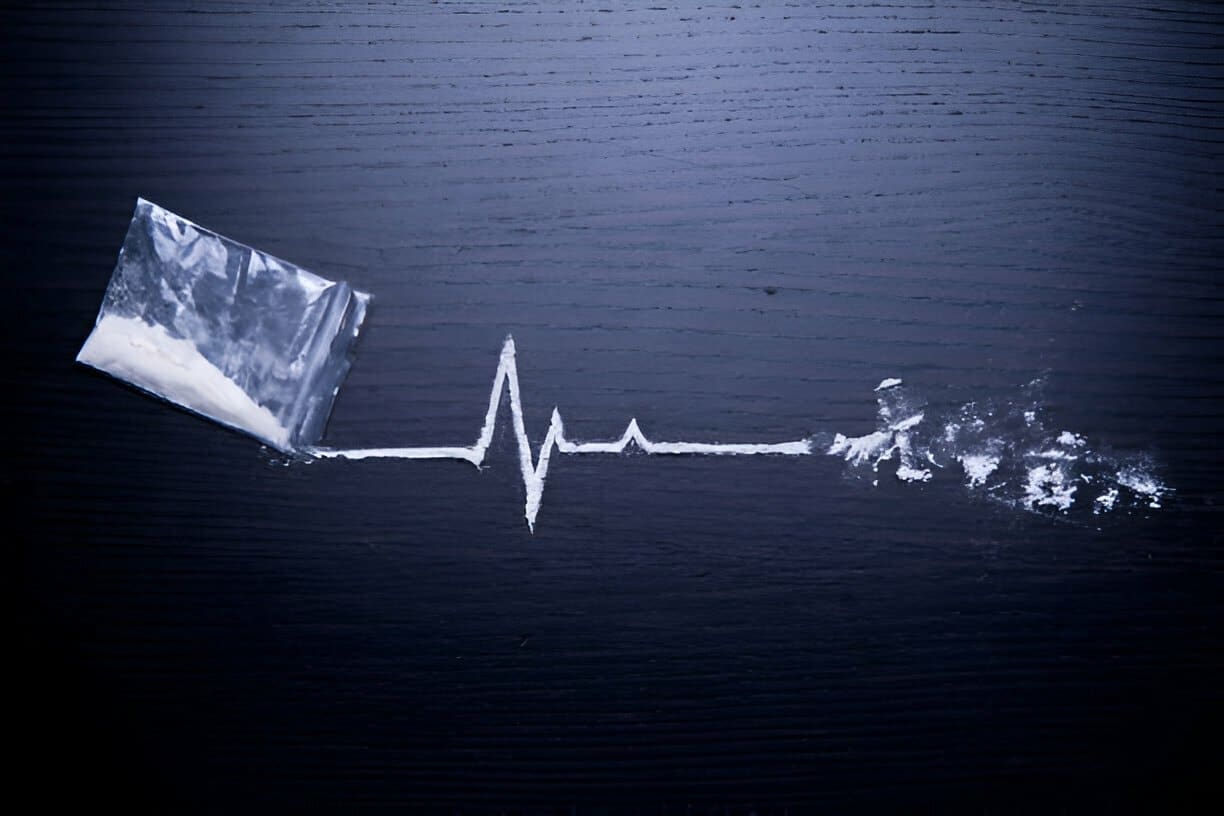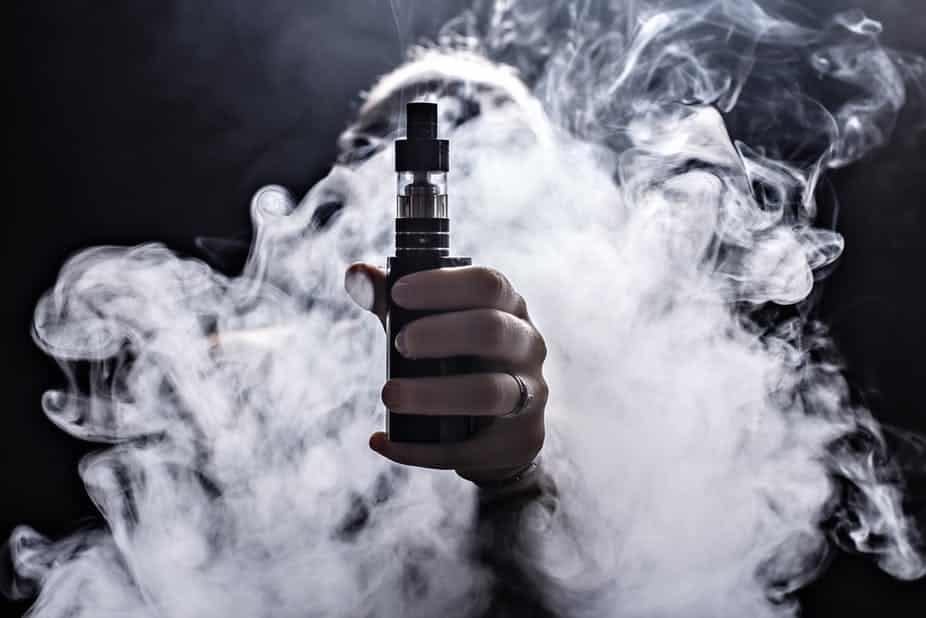Start exploring drug and alcohol rehabs today. Treatment providers are available to answer your questions.
Medication-assisted treatment is a type of substance abuse treatment that combines medications and psychotherapy interventions to reduce or eliminate illicit substance use and related problems. It can be provided either on an outpatient basis or through residential programs. MAT may include counselling, behavioural therapy, family therapy, and other services.
The goal of MAT is to help people overcome their substance addiction and improve their overall health. The medications are prescribed by licensed physicians and monitored by qualified healthcare professionals.

People diagnosed with a substance use disorder often struggle with their mental health. They may also suffer from co-occurring mental health disorders like depression, anxiety, bipolar disorder, schizophrenia, post-traumatic stress disorder, etc. These issues can make it difficult for them to succeed in recovery. MAT can also be used to treat prescription drug addiction.
People who receive MAT may benefit from:
Medications play a key role in the success of MAT. When taken regularly, they can help prevent relapse and maintain abstinence. In addition, they can provide relief from withdrawal symptoms when someone stops using addictive substances.
In some cases, medications can help treat co-occurring conditions. For example, opioid medications can treat pain associated with injuries or illnesses. Other medications, including antidepressants, anti-anxiety medications, mood stabilisers, and antipsychotics, can be used to treat co-occurring mental illnesses.
When combined with counselling and other therapies, these medications can help patients develop new ways of thinking about their lives and learn how to cope with life’s challenges.
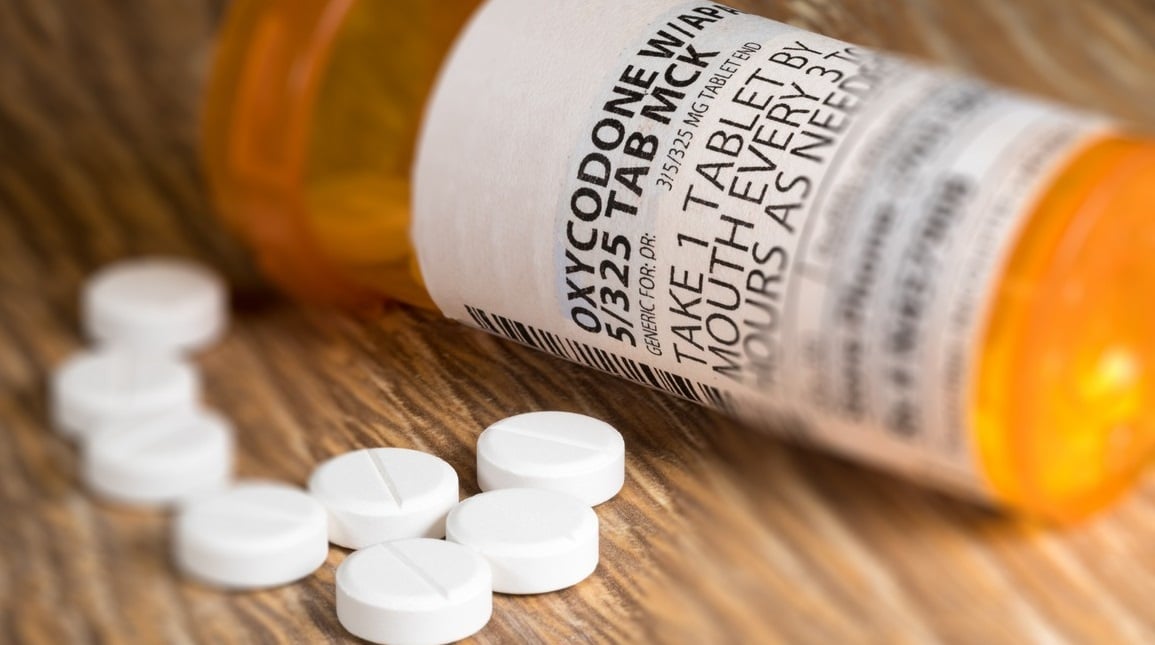
Medication-assisted treatments can be helpful for those struggling with addiction. However, many people choose to undergo detoxification first before beginning MAT. This process involves removing all addictive substances from the body, which helps break the cycle of addiction.
Detoxification usually takes place at a medical facility where trained staff monitor your progress and ensure you do not overdose. During this time, you will likely see changes in your behaviour and emotional state. You may feel anxious, depressed, irritable, or even agitated.
Afterwards, you will begin receiving MAT. Your doctor will prescribe medications to help control your cravings and withdrawal symptoms, constituting a tool for less stressful and more successful detoxification.
Addiction is a serious problem that requires immediate attention. Call us on 0800 999 1083 to discuss treatment options.
There are several different types of medications used in MAT. Some of these medications are designed specifically for addiction treatment, while others are intended for treating other associated conditions. It’s important to stress that most medications used in MAT can also cause addiction, so it’s essential to take them always under medical supervision.
Opioid medications are commonly used to treat chronic pain. They are also sometimes prescribed to manage severe acute pain after surgery or trauma. Opioids work by binding to specific receptors located throughout the brain, causing feelings of euphoria, relaxation, and reduced pain.
These medications act directly on opioid receptors in the brain. Opioid receptors are proteins found in the brain.
When you take opioids, your brain produces endorphins. Endorphins are naturally occurring substances that produce feelings of happiness and relaxation. The problem is that when you stop using them, your brain stops producing endorphins.
This leads to withdrawal symptoms like fatigue, cravings, and insomnia.
Opioid medication help relieve those symptoms.
However, opioids can cause tolerance, dependence, and addiction. Overuse of opioids can lead to respiratory depression, constipation, nausea, vomiting, confusion, hallucinations, seizures, and even death. Therefore, patients should only take the lowest dose necessary to relieve pain.
Benzodiazepines are tranquillizers that have been widely used since the 1950s. These include diazepam (Valium), alprazolam (Xanax), lorazepam (Ativan), clonazepam (Klonopin), and midazolam (Versed).
These medications reduce anxiety and irritation. Anxiety is a frequent withdrawal symptom from various substances, including cocaine and opiates, like heroin. Benzos have a sedative effect that also helps relieve alcohol withdrawal symptoms. Doctors are cautious about recommending Benzos because they are addictive.
These medications calm you down by acting on the GABA receptor sites in your brain. GABA stands for gamma-aminobutyric acid. GABA is an inhibitory neurotransmitter that calms your nerves.
Benzodiazepines are helpful for short-term anxiety relief and insomnia.
Don’t go through the process of recovery alone. Treatment providers can answer your questions. Get in touch with one today.
Call 0800 999 1083 today!
An addict’s brain cannot produce natural levels of happiness-inducing chemicals without the presence of drugs. People in detox often feel depression due to their long-term dependence on drugs to make them happy. Antidepressants such as Zoloft and Prozac can help alleviate these feelings until the brain can manufacture happy-inducing chemicals on its own again.
These medications work by increasing levels of serotonin in the brain.
Serotonin is a neurotransmitter that helps regulate mood. People who suffer from depression typically have lower serotonin levels in their brains. Because of this, antidepressants increase serotonin levels. As a result of increased serotonin, people tend to feel happier and less depressed.
Antidepressant medications include:
These medications work by blocking certain receptors on nerve cells. Nerve cells communicate information between your body and your brain. When you’re anxious, your brain sends messages to your body. Your body then responds by releasing chemicals called hormones. Hormones control everything from your heart rate to your blood pressure.
When anxiety takes hold, your brain releases adrenaline and cortisol. Adrenaline causes your heart to beat faster. Cortisol increases blood flow to your muscles and organs. Both of these hormones cause your body to prepare for action or fight.
When you’re feeling anxious, your brain releases dopamine. Dopamine controls your motivation and attention. It also affects your ability to focus and concentrate.
Anti-anxiety medications block the effects of both adrenaline and dopamine. They do so by preventing them from reaching their target areas inside your brain.
These medications stimulate the central nervous system. They affect how your body processes signal from your senses. Stimulant medications include cocaine, amphetamines, methylphenidate, dextroamphetamine, and modafinil.
These medications change the way your brain functions. They can be prescribed to treat bipolar disorder, schizophrenia, and other mental health conditions. Medications like lithium, quetiapine, olanzapine, risperidone, and valproate can stabilise mood swings.
Clonidine is a drug that is used to treat alcohol and opioid withdrawals. It lowers sweating, cramps, muscular pains, and anxiety. Clonidine can also be used to treat seizures and tremors.
Naltrexone is an opioid antagonist that blocks the effects of both heroin and alcohol, working by blocking the effect of these drugs on the brain. Naltrexone is often used to reduce craving and prevent relapse.
It does not eliminate the need for long-term therapy, but it can help reduce the risk of relapse.
Buprenorphine is a partial opioid agonist that mimics the effects of heroin on the brain. It is most commonly used to treat opioid dependency, significantly reducing the desire for the drugs.
Disulfiram (Antabuse) is an effective drug for treating alcohol dependence. It has been used to deter drinking in conjunction with psychotherapy and behavioural modification programs.
Acamprosate is a medication that the FDA has approved to treat alcoholism. It slows down the absorption of alcohol into the bloodstream. Acamprosate is thought to act by increasing levels of gamma-aminobutyric acid (GABA), a neurotransmitter that controls moods and emotions.
Paroxetine is a selective serotonin reuptake inhibitor (SSRI) antidepressant. SSRIs may be helpful when combined with cognitive-behavioural therapy (CBT) to treat a major depressive disorder. Paroxetine is also used to treat obsessive-compulsive disorder (OCD).
The combination of antidepressants and CBT is proved to be very effective. This approach aims to change thoughts and behaviours through education and exposure exercises.
In addition to reducing symptoms of depression, Paroxetine has also been found to increase motivation to stop using substances.
Speak to us on 0800 999 1083 to discuss treatment options and to find the best alcohol rehab centre.
Desipramine (Norpramin) is a tricyclic antidepressant that has been used for the treatment of depression and anxiety. It belongs to a class of antidepressants called selective serotonin reuptake inhibitors (SSRIs), working by increasing serotonin levels in the brain. Serotonin is a neurotransmitter that helps regulate mood, sleep patterns, appetite, sexual function, and pain sensitivity.
Mirtazapine (Remeron) is an antidepressant drug that has been used for the treatment of depression since 1987. It was first approved by the FDA in 1988 and became available in 1989. Mirtazapine is a tetracyclic compound with partial agonist activity at 5-HT2A receptors, antagonist activity at alpha1-adrenergic receptors, and weak antagonist activity at histamine H1 receptors.
The chemical name for Mirtazapine is 1- -4-(2-thienylcarbonyl)piperazine hydrochloride.
Mirtazapine acts on several different receptors, binding strongly to the α1-adrenergic receptor, moderately to the 5-hydroxytryptamine 2A (5-HT2A) receptor, and weakly to the histamine H1 receptor.
Mirtazapine is metabolised primarily via CYP3A4. Several medications can interact with Mirtazapine, including Rifampin, Carbamazepine, Phenytoin, St. John’s wort, Warfarin, etc.
Bupropion is a prescription medicine used for treating depression, attention deficit hyperactivity disorder (ADHD), and nicotine addiction. It is sold under the brand names Wellbutrin and Zyban.
The Bupropion mechanism of action involves blocking dopamine transporters, thereby increasing synaptic dopamine concentrations. This results in increased stimulation of postsynaptic D2 receptors. This increases the release of norepinephrine and serotonin, resulting in improved mood.
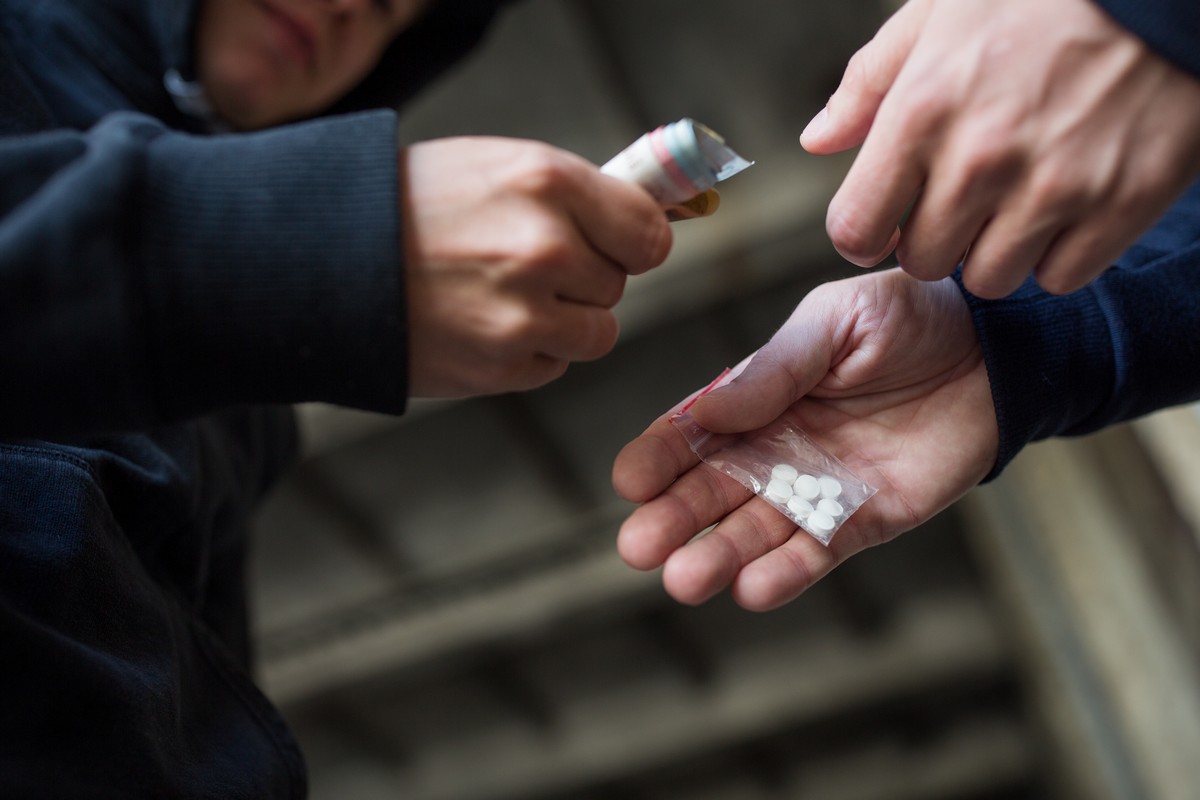
Gabapentin is a prescription drug used to treat seizures, nerve pain, restless leg syndrome, and fibromyalgia. It is also being studied for its possible role in treating bipolar disorder and major depressive disorder. Gabapentin may be effective in these disorders because it reduces glutamate activity. Glutamate is one of the main excitatory neurotransmitters in the central nervous system.
Glutamate plays a critical role in learning and memory processes. Researchers have suggested that Gabapentin may enhance cognitive functioning in healthy adults.
Vigabatrin (Sabril) is an anticonvulsant drug that the FDA approved in 1995 for adjunctive treatment of partial seizures. It has been used off-label to treat various other conditions, including migraine headaches and psychiatric disorders such as bipolar disorder.
Baclofen (Kemstro) is a selective GABA-B receptor agonist. It has been used to treat spasticity and alcohol withdrawal in humans, but its effectiveness in animal models of alcoholism remains unclear. However, some study results suggest that Baclofen may effectively reduce ethanol consumption in human subjects with excessive drinking problems.
Topiramate (Topamax) is a drug used to treat epilepsy and migraine headaches. It has been proven beneficial in clinical trials; however, it can also cause weight loss when used over time.
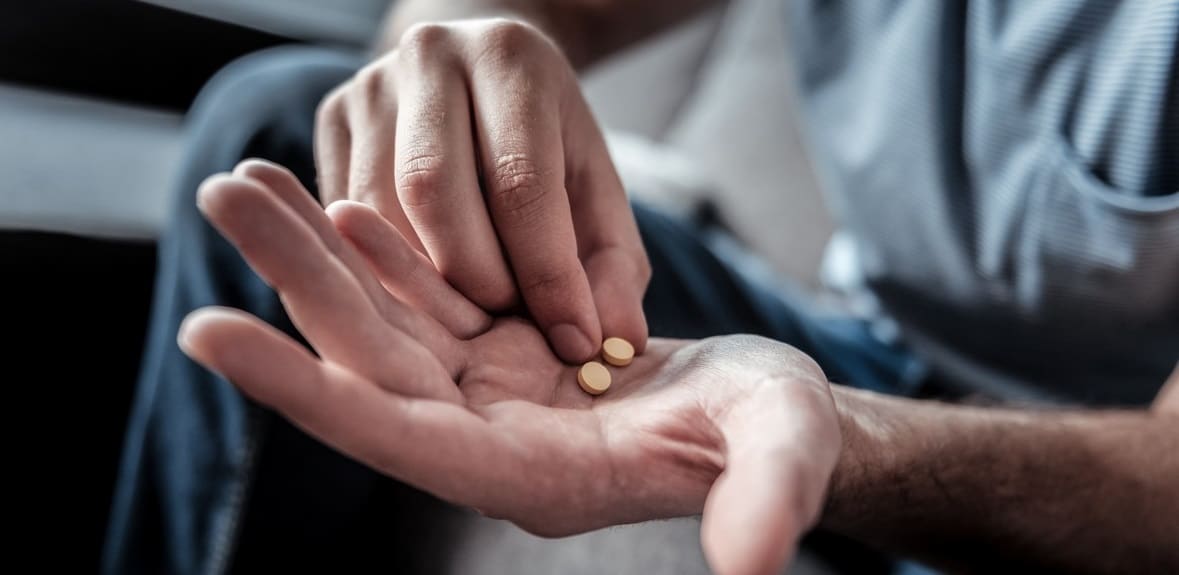
Regular alcohol abuse for an extended period can prolong withdrawal symptoms, lasting from weeks to months. Prolonged or post-acute withdrawal syndrome is the name given to this condition (PAWS). Maintenance therapy can help with PAWS and cravings and the person’s will to use alcohol. Patients generally take these drugs, ingesting a pill per day.
The following medications are used to treat alcoholism:
Naltrexone works by blocking the receptors in the brain that cause the pleasant effects of alcohol, reducing the desire to consume it. Naltrexone might also produce nausea and headaches in some people, and it can be administered every four weeks by injection.
After completing detox, recovering alcoholics can begin taking Acamprosate. This drug helps to alleviate the mental and physical effects of alcoholism. Acamprosate decreases the urge to drink by reducing negative emotions such as anxiety and despair.
Disulfiram was the first alcoholism drug to be authorised by the FDA. When a person takes Disulfiram and drinks alcohol, the medication induces nausea and vomiting. The theory is that if taking alcohol makes you feel ill, you won’t drink.
Treatment for opiate addiction includes medications that help with cravings and withdrawal symptoms. Heroin, morphine, and narcotic painkillers, such as Oxycontin, are all opiates. On a daily basis, these drugs are commonly given as a tablet. Withdrawal from heroin and other opiates might last as short as a week for some people, while others may have long-term withdrawal symptoms.

Withdrawal symptoms might persist for months or even years in certain circumstances. Cravings and PAWS can be reduced with long-term replacement medicines. Former users can usually continue to take medications for as long as they need.
Heroin and painkiller addiction medicines include:
Buprenorphine works similarly to methadone, however, it is less controlled because of its decreased propensity for addiction. Instead of coming to a clinic every day to receive Buprenorphine, addicts may typically take it home with them.
Naltrexone is used to treat opiate and alcohol addiction in the same way. It suppresses the desire to use these substances. Because alcohol and opiates stimulate some of the same receptors in the brain, it helps both addictions.
Addiction is a serious problem that requires immediate attention. Call us on 0800 999 1083 to discuss treatment options.
Medication can assist people in recovery stay sober by easing the unpleasant aspects of the treatment process. Many people who try to quit using drugs or drinking alcohol fail because they can’t handle the withdrawal symptoms.
Certain medications can reduce withdrawal symptoms and cravings by simulating the effects of the addictive substances.
Addiction treatment medications can be prescribed as part of an inpatient or outpatient rehab programme. Doctors may change doses during treatment to ensure that patients suffering from a substance use disorder (SUD) have the best chance of maintaining long-term sobriety.
Speak to us on 0800 999 1083 to discuss treatment options and to find the best alcohol rehab centre.
Medical detox is the most effective technique to become clean in a secure and comforting setting. Some people prefer to detox by themselves. This is not only more difficult but also more dangerous than detoxing under the supervision of a physician. Medical detox is highly recommended for people addicted to alcohol or Benzos.
The first step in treating any addiction should be through supervised or medical detox.

A medically supervised detox can help with health complications. The patient’s heart rate, temperature, breathing rate, and hydration levels are all monitored by doctors who assist patients in reducing any discomfort they may be experiencing. They also establish long-term drug programmes and change medication dosages based on each patient’s needs. Those with other health problems should get this type of detox because withdrawals might exacerbate issues such as high blood pressure. Any issues that may occur from attempting to detox on your own may be avoided with the help of a professional.
Inpatient rehabs frequently include medical detox, which usually lasts 30 to 90 days, with the first week spent detoxing under close supervision. Other therapies, such as behavioural therapy, are also included in this type of rehab to promote full recovery.
The body must detox from narcotics throughout the early phases of recovery. This is referred to as the detoxification stage. Detox can last from a few days to several weeks, depending on the substance.
The most challenging aspect of detox is generally coping with withdrawal symptoms. Former drug users face a variety of unpleasant symptoms during detox. Here are a few examples:
Different drugs are used to treat various withdrawal symptoms.
The intensity of withdrawal symptoms varies depending on the type of drug used and the time length of drug use. Those who have been using large amounts of drugs for an extended period get the most severe effects.
Withdrawals from other substances aren’t typically fatal, but they can still cause serious problems. For example, detracting from alcohol or benzodiazepines can be fatal, so those addicted to these substances should never quit “cold turkey.” Medical assistance assures detox’s safety and vastly increases the chances of success.
The first step in treating alcohol or drug abuse is to help patients reduce cravings and withdrawal from the substances. This process often involves giving patients a gradual reduction in their daily dose over a few days.
Patients then go through a detoxification phase where they gradually wean themselves off all substances. A stabilisation phase usually follows detoxification. During this time, patients learn to live without addictive substances. They practice coping strategies and build new habits until they feel ready to begin a maintenance program.
Maintenance refers to the long-term management of an individual’s recovery. It includes continuing therapy sessions, attending self-help groups, and practising healthy behaviours. Maintenance also includes taking prescribed medications and following up on doctor appointments.
Addiction is a serious problem that requires immediate attention. Call us on 0800 999 1083 to discuss treatment options.
Medication-assisted addiction treatment involves using medications to treat the symptoms of substance abuse. It can help prevent relapse by blocking withdrawal symptoms and reducing craving for addictive substances.
Effective treatment programs also teach patients how to cope with stress, deal with triggers, and develop healthy coping skills.
Treatment should be tailored to each patient’s needs. Patients should receive counselling from trained professionals who understand the unique challenges faced by recovering addicts. Counselling sessions provide an opportunity for patients to discuss issues related to recovery, including:
Many patients need long-term treatment to achieve lasting success. In some cases, it may take several months or even years before patients stop using alcohol or other drugs. During this time, they continue to work toward abstinence. Most patients require ongoing medical care and monitoring throughout their treatment period.

Because of the nature of addiction, there is no single way to recover, with each person having their own path to recovery. However, most effective treatments involve a combination of behavioural therapies, peer support groups, and pharmacological interventions.
Addiction is a serious problem that requires immediate attention. Call us on 0800 999 1083 to discuss treatment options.
Don’t go through the process of recovery alone. Treatment providers can answer your questions. Get in touch with one today.
Call 0800 999 1083 today!
Although MAT can effectively reduce the symptoms associated with addiction, there are some side effects that people may experience while undergoing this treatment.
The most common side effects of opioid addiction treatments include:
While not all people will experience every side effect listed above, you should know about them so that you can take steps to prevent or treat them. If you have questions about your prescription drugs, talk to your healthcare provider.
Addiction is a serious problem that requires immediate attention. Call us on 0800 999 1083 to discuss treatment options.
There are many myths surrounding pharmaceutical treatments for addiction, such as:
1. Pharmaceutical treatments are not safe.
2. Pharmacotherapy is just another name for “chemical dependency.”
3. People cannot get sober without medication.
4. Pharmacotherapy does not address the underlying causes of addiction.
5. Insurance companies do not cover pharmacotherapies.
6. Pharmacotherapeutic approaches do not work.
7. Pharmacotherapy requires lifelong treatment.
8. Long-acting injectable forms of medications are unsafe.
9. Pharmacotherapy treats the addict as a child.
10. Pharmacotherapy leads to dependence.
11. There is only one type of medication available for treating addiction.
12. The best medications are expensive.
13. Pharmacotherapy is ineffective for people with co-occurring mental health disorders.
14. Pharmacotherapy is a quick fix.
15. Pharmacotherapy will make you dependent.
16. Prescription medications are dangerous.
17. Prescriptions are easy to obtain.
Addiction is a serious problem that requires immediate attention. Call us on 0800 999 1083 to discuss treatment options.
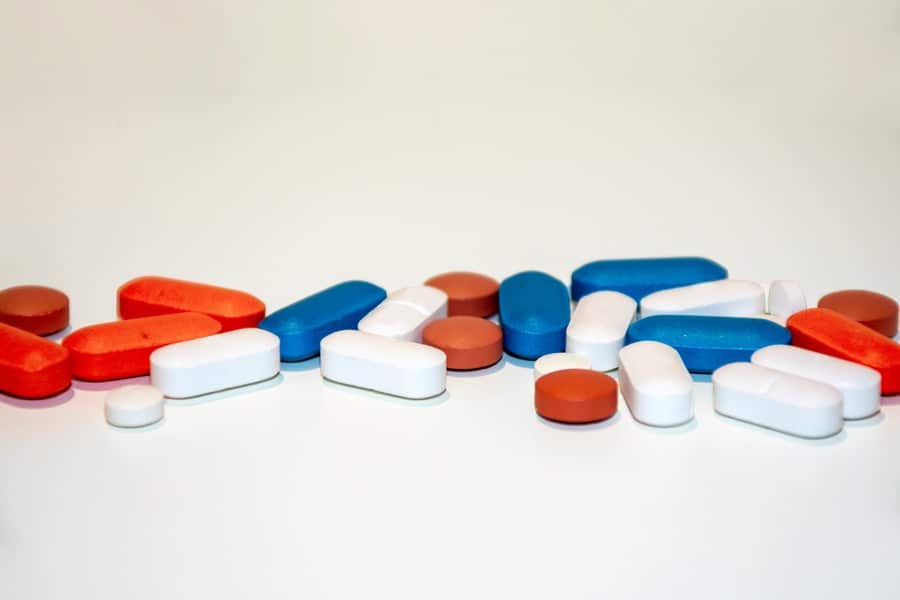
Pharmaceutical treatments for addiction can be divided into two categories:
Medications that treat withdrawal symptoms
Medications used to prevent relapse
After recovering from withdrawal, patients need to stay away from substances, meaning avoiding situations in which they might encounter triggers that could lead them back to substance abuse. People who struggle with addiction sometimes find it challenging to avoid these triggers. However, it is possible to develop specific plans to prevent relapses with proper planning and preparation.
These plans include developing a personalised relapse prevention plan. A relapse prevention plan helps patients identify potential triggers and ways to cope when faced with these triggers.
In combination with these plans, your doctor will continue to prescribe medications that help prevent and manage future cravings. The medications prescribed will vary depending on the type and severity of your addiction.
A patient’s relapse prevention plan should include:
Some examples include:
Other factors that also influence your recovery:
It’s beneficial to engage in activities that keep you focused and happy. These include:
Addiction is a serious problem that requires immediate attention. Call us on 0800 999 1083 to discuss treatment options.
Medication-assisted treatment is an essential part of addiction recovery for several reasons:
Therapy is also an essential component of addiction recovery. It helps addicts learn how to live without using harmful substances.
Therapy teaches addicts the skills they need to cope with everyday situations. These skills include problem-solving, assertiveness, anger management, stress reduction, dealing with negative feelings, communication, decision making, time management, money management, and other areas.
When combining medications with therapy, the two types of treatment work together to improve the chances of long term success. For example, if someone has been taking Suboxone® (buprenorphine/naloxone), this combination can help them stay off heroin or other opiates. However, if they continue to struggle with depression, anxiety, or other issues, counselling might be needed.
Similarly, when combining methadone with therapy, both treatments work towards the same goal: helping the patient stop using drugs. However, if the patient has severe mental health issues, counselling may be required.
Behavioural therapies are sometimes referred to as “talk therapies”. They involve talking to the patient about their experiences with drugs and alcohol. These therapies teach the patient new ways to deal with stressful situations and emotional upsets. While also encouraging the patient to develop healthy habits, such as eating well, exercising regularly, getting enough rest, etc.
Counselling and behavioural therapies are often effective at treating addictions. However, they do not always work alone. In some cases, counselling and behavioural therapies can be combined with medications. Research shows that combining medications with counselling and behavioural therapies leads to better results than either type of treatment alone.
Therapy helps you learn new ways of thinking about yourself and others. You’ll talk through your thoughts and feelings with a therapist. In addition to speaking, therapists will teach you skills to manage your emotions. Sometimes they’ll suggest specific activities to help you cope with stress.
There are different types of treatment options for those struggling with substance abuse.
Some people prefer to get help through self-help groups, while others choose to receive treatment from a professional therapist. If you are interested in learning more about your options, you should speak to a doctor or counsellor.

One of the first steps towards sobriety is attending a self-help group. Religious organisations often run these groups, but secular ones are available. Trained counsellors usually lead self-help groups. In addition to providing emotional support, self-help groups teach people coping skills, encouraging people to develop healthy habits like eating well, exercising regularly, and managing stress.
There are different types of self-help groups. Some focus on specific issues, such as alcoholism, depression, or anxiety, while others are open to anyone who wants to join.
It’s crucial to find a group that fits your needs.
If you’re the one struggling with the addiction, you’ll likely benefit from joining an AA meeting. AA meetings are based on Alcoholics Anonymous principles. This means they emphasise spirituality, honesty, humility, and respect. For instance, if you have a family history of alcohol abuse, you should look for a group specifically for relatives of alcoholics.
Members attend weekly meetings where they talk about their experiences with drinking and drugs. They also learn new ways to cope with life without using substances. AA meetings are free and open to everyone. You don’t need to be a member of AA to participate in a self-help group, though. However, you must be 18 years old to attend.
Some groups are organised around specific topics, while others are open to anyone who wishes to attend. This may sound obvious, but it’s easy to overlook this fact. Regardless of whether you decide to join a self-help group or not, make sure you do so at a reputable organisation. Look for signs of professionalism: is the group located in a professional building?; do members wear business attire?; does the group leader have a business card?; does the group have a website? If not, how can you contact them?; do they offer continuing education classes?
Continuing education classes allow members to keep learning throughout their recovery process. Some programs even offer certification courses.
Certifications are great because they show employers that you completed a course of study. This makes it easier to get a job after completing rehab.
The bottom line is that you want to choose a program that will help you achieve long-term recovery. Every individual has different needs and characteristics that should be considered when choosing the best approach for a successful recovery.
Patients in MAT programs must remain away from illegal drugs. This is because many people who suffer from substance abuse disorders have developed tolerance to the effects of these substances.
With regular use, the body begins to adapt to the presence of the drug. The brain changes its chemistry to make more receptors available for the drug. As a result, the user needs to consume larger amounts of the drug to achieve the same level of intoxication.
Addiction is a serious problem that requires immediate attention. Call us on 0800 999 1083 to discuss treatment options.
When someone has a problem with their drug use, they often turn to medications to help treat their condition. However, before deciding whether to take these medications, it’s essential to understand what options are available.
Doctors prescribe medications to treat various conditions. As a result, each person’s prescription is unique.
That said, there are several common categories of medications:
1. Antidepressants
2. Anti-anxiety medications
3. Opioids
4. Stimulants
5. Benzodiazepines
6. Anxiolytics
7. Sleep aids
8. Other
While all of these medications can effectively treat certain addictions, they aren’t always appropriate for every individual.
In addition, some people may prefer one type of medication over another. For example, many people feel more comfortable taking antidepressants than other medications. On the flip side, some people prefer anti-anxiety medications to antidepressants.
Ultimately, it’s up to you, with advice from your doctor, to determine which option works best for you.
Before starting any kind of treatment, you should discuss your options with your doctor. They can give you information about the risks and benefits of each option.
Some medications aren’t appropriate for everyone. For example, some people shouldn’t take benzodiazepines because they can suffer serious side effects. Other medications may not be safe for certain medical conditions. Your doctor can also recommend which medications would work best for you.
If you don’t want to try medication-assisted treatment, talk with your doctor about other options. You could consider counselling, psychotherapy, or self-help groups.
Remember that no single approach works for everyone. If you choose to go without medication, make sure you keep track of your progress.

BACP accredited psychotherapist with 16 years experience working in mental health specialising in psychodynamic person-centred therapies treating those with a range of mental health disorders including anxiety, depression, OCD and Addiction.

Fill in your details and we’ll send you a message via SMS.

You should talk to your doctor about your options before beginning any treatment. They can inform you of the dangers and advantages of each option. Your doctor can also advise you on which medications will be most effective for you. People with certain medical conditions might have to avoid benzodiazepines or MAT altogether. If you can’t or don't want to undergo medication-assisted treatment, discuss alternative choices with your doctor. Counselling, psychotherapy, or self-help groups are all valid alternative options. Keep in mind that no single strategy will work for everyone. Make sure you keep track of your progress if you decide to go without medicine.
People who have been diagnosed with a substance use disorder often struggle with addiction. They may also suffer from co-occurring mental health disorders like depression, anxiety, bipolar disorder, schizophrenia, post-traumatic stress disorder, and others. These issues can make it difficult for them to succeed in recovery.
People who receive MAT may benefit from:
Although MAT can be effective at reducing the symptoms associated with addiction, there are some side effects that people may experience while undergoing treatment.
The most common side effects of opioid addiction treatments include:

No matter where you live, there are drug and alcohol rehab options for you to discover. Treatment providers are waiting to answer your questions. Get started today.

Ever felt that gnawing ache or burning sensation in your gut after a night of drinks? You’re not alone. Stomach pain after drinking is a common complaint, and there are a few reasons why it might happen. Let’s delve into the science behind the discomfort and explore ways to soothe your stomach. The Irritating Truth: … Continued

Cocaine, a stimulant known for its short-lived burst of energy and euphoria, hides a dark side. Behind the initial high lies a dangerous potential for overdose, with severe health consequences and even death. This article delves into the world of cocaine overdose, equipping you with the knowledge to recognize the signs, understand the dangers, and … Continued

Adult smoking habits in the UK refer to how often and in what ways people aged 18 and above use tobacco. This includes everything from smoking cigarettes every day to occasionally lighting up, as well as using other tobacco products. Understanding these habits is important for several reasons: Public Health: Smoking causes many diseases that … Continued

Addiction in the UK is a complex issue that is connected to various aspects of society such as healthcare and law enforcement. It affects people from all backgrounds and has negative impacts on families, communities, and the entire nation. Understanding addiction involves not only looking at the uncontrollable use of substances and repetitive behaviors but … Continued

Don’t go through the process of recovery alone. Treatment providers can answer your questions. Get in touch with one today.
Call 0800 999 1083 today!





